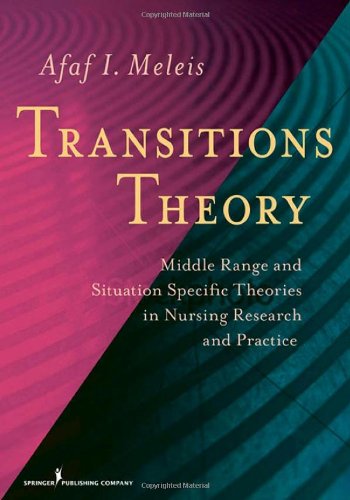

Most ebook files are in PDF format, so you can easily read them using various software such as Foxit Reader or directly on the Google Chrome browser.
Some ebook files are released by publishers in other formats such as .awz, .mobi, .epub, .fb2, etc. You may need to install specific software to read these formats on mobile/PC, such as Calibre.
Please read the tutorial at this link: https://ebookbell.com/faq
We offer FREE conversion to the popular formats you request; however, this may take some time. Therefore, right after payment, please email us, and we will try to provide the service as quickly as possible.
For some exceptional file formats or broken links (if any), please refrain from opening any disputes. Instead, email us first, and we will try to assist within a maximum of 6 hours.
EbookBell Team

5.0
48 reviews''Understanding and recognizing transitions are at the heart of health care reform and this current edition, with its numerous clinical examples and descriptions of nursing interventions, provides important lessons that can and should be incorporated into health policy. It is a brilliant book and an important contribution to nursing theory.''
-Kathleen Dracup, RN, DNSc,
Dean and Professor, School of Nursing
University of California San Francisco
Afaf Meleis, the dean of the University of Pennsylvania School of Nursing, presents for the first time in a single volume her original ''transitions theory'' that integrates middle-range theory to assist nurses in facilitating positive transitions for patients, families, and communities. Nurses are consistently relied on to coach and support patients going through major life transitions, such as illness, recovery, pregnancy, old age, and many more.
A collection of over 50 articles published from 1975 through 2007 and five newly commissioned articles, Transitions Theory covers developmental, situational, health and illness, organizational, and therapeutic transitions. Each section includes an introduction written by Dr. Meleis in which she offers her historical and practical perspective on transitions. Many of the articles consider the transitional experiences of ethnically diverse patients, women, the elderly, and other minority populations.
Key topics discussed: